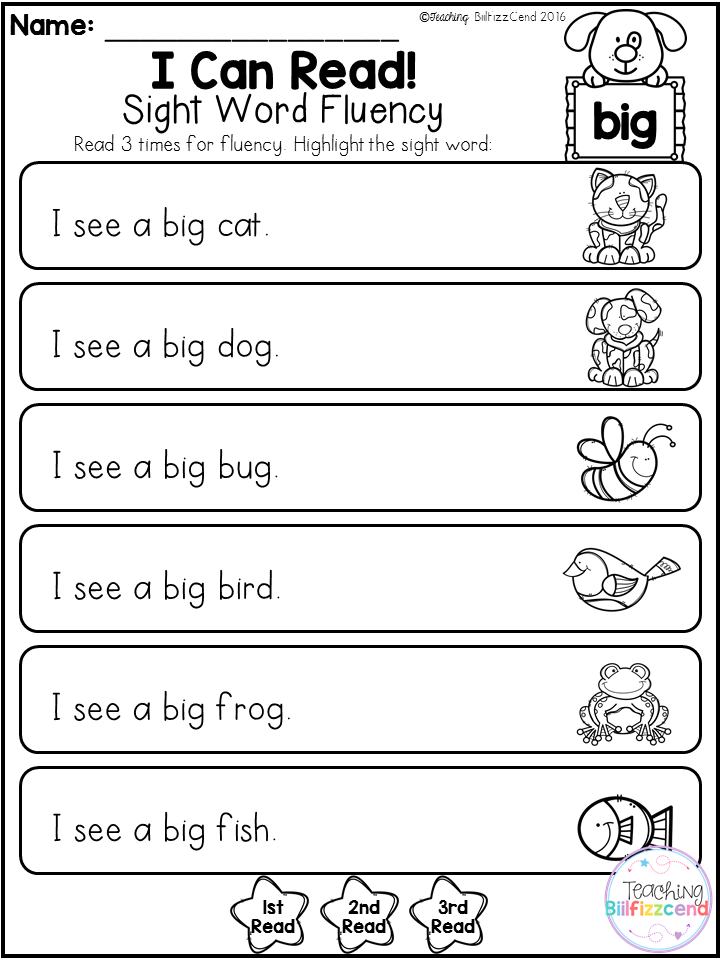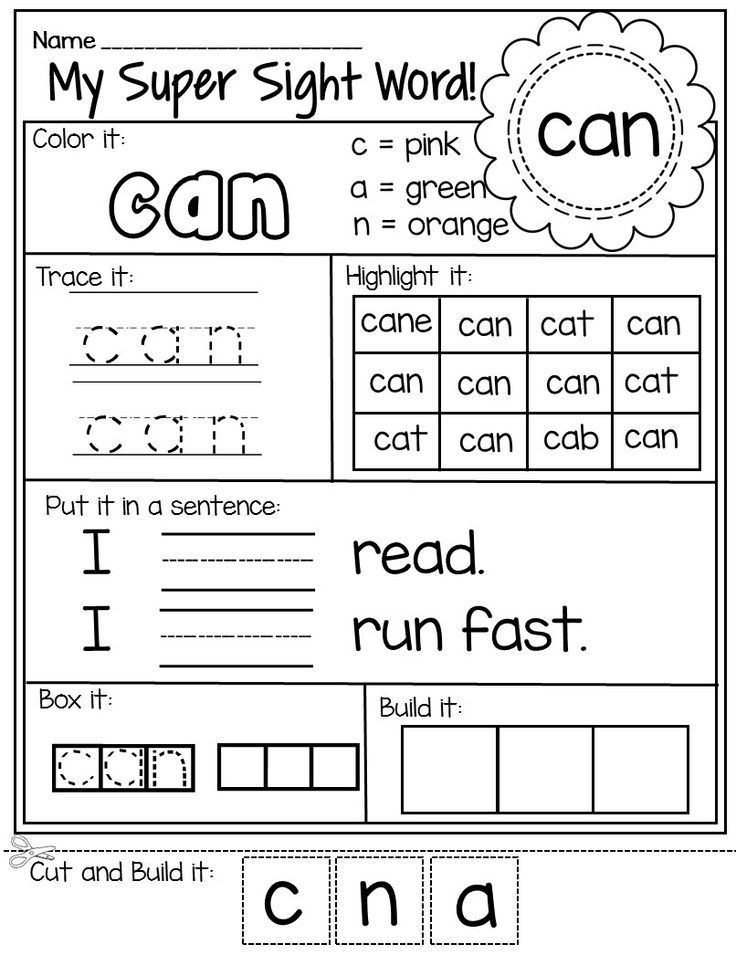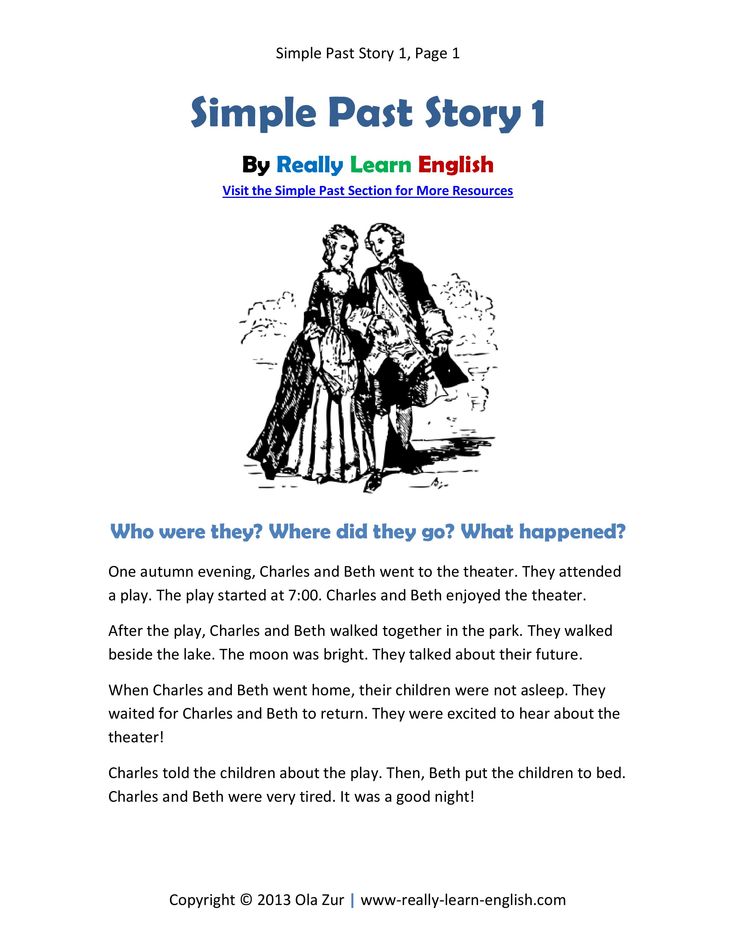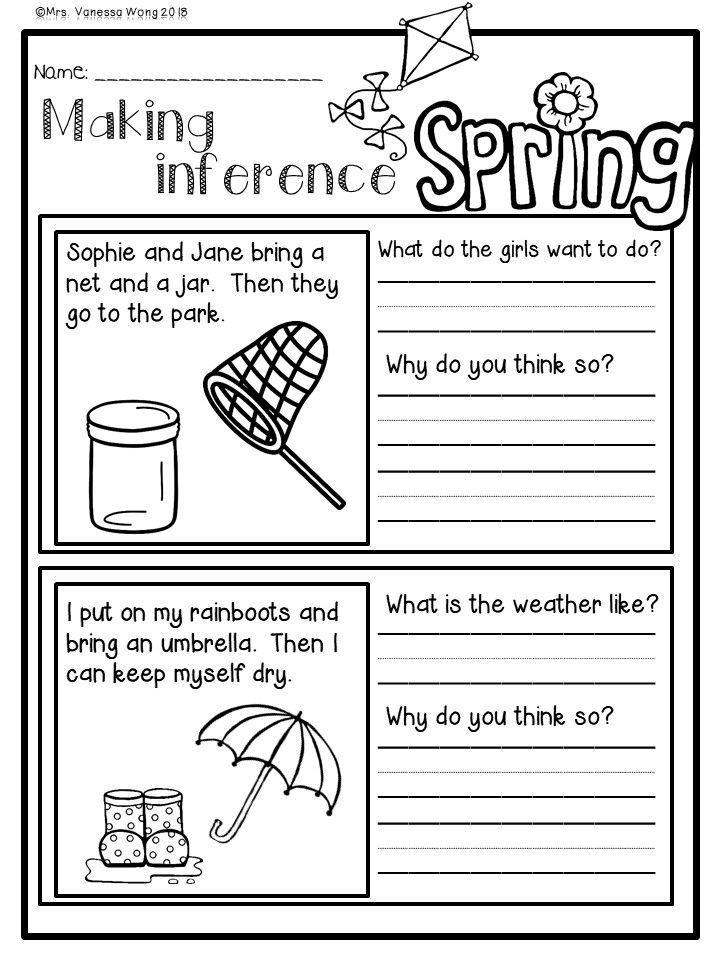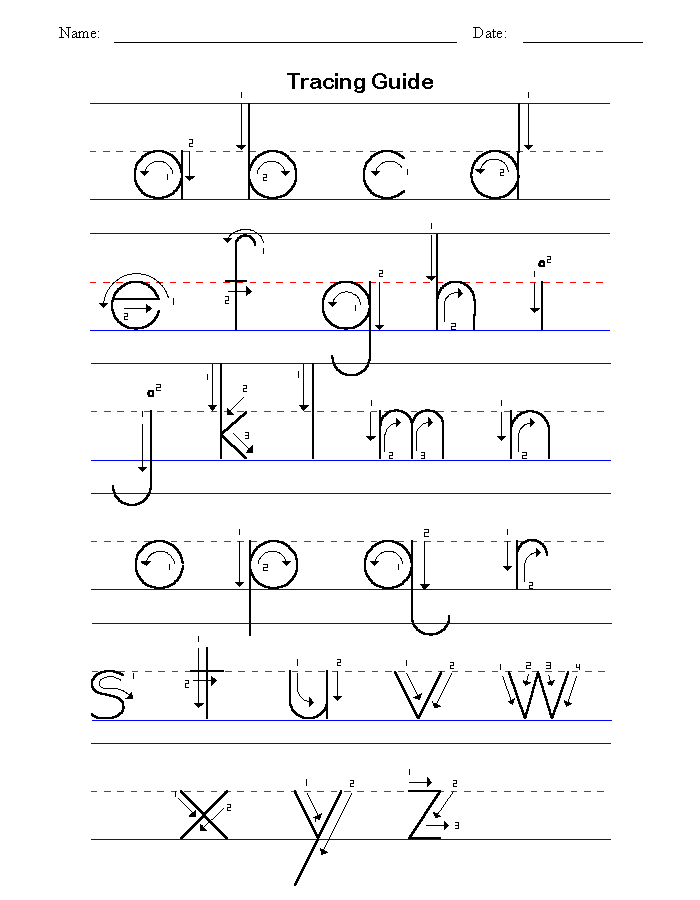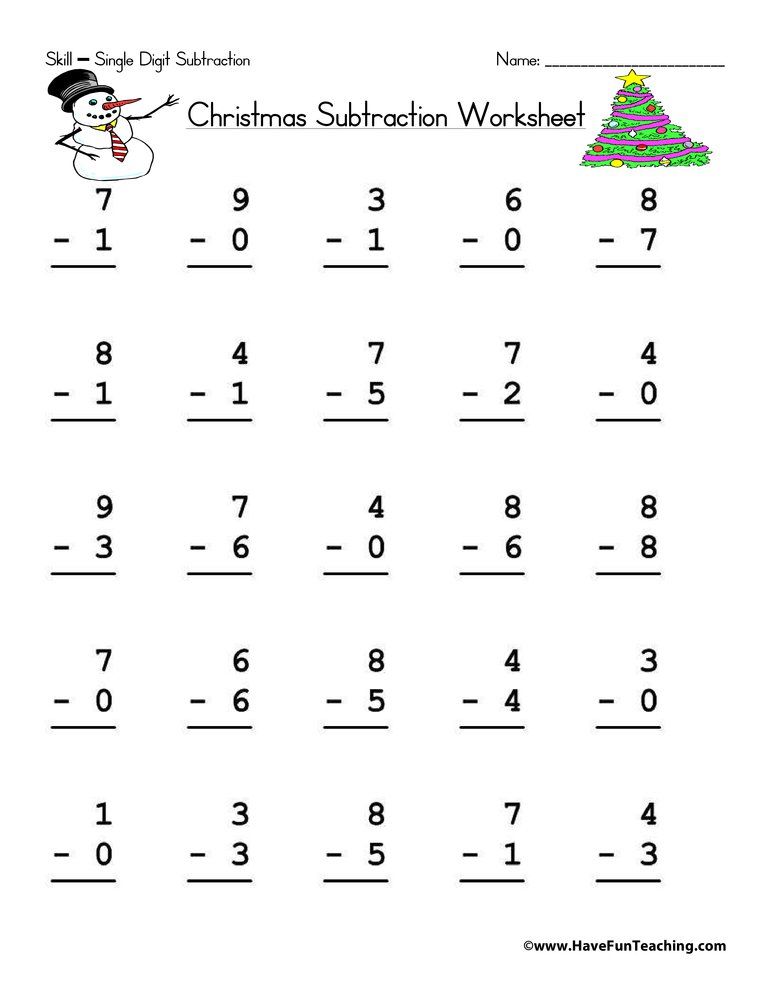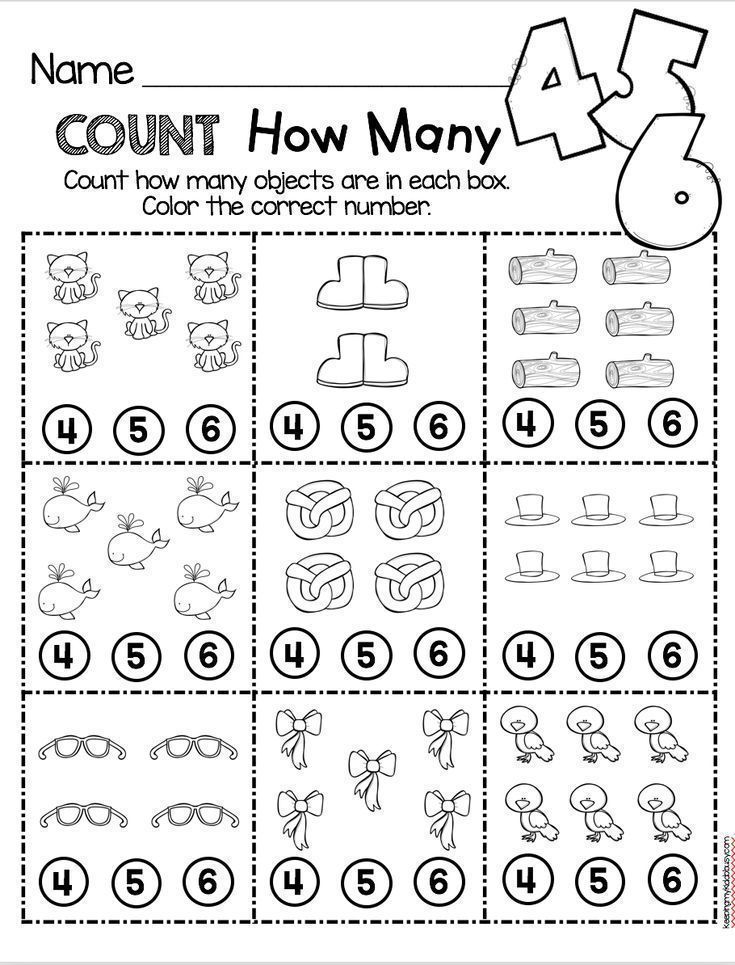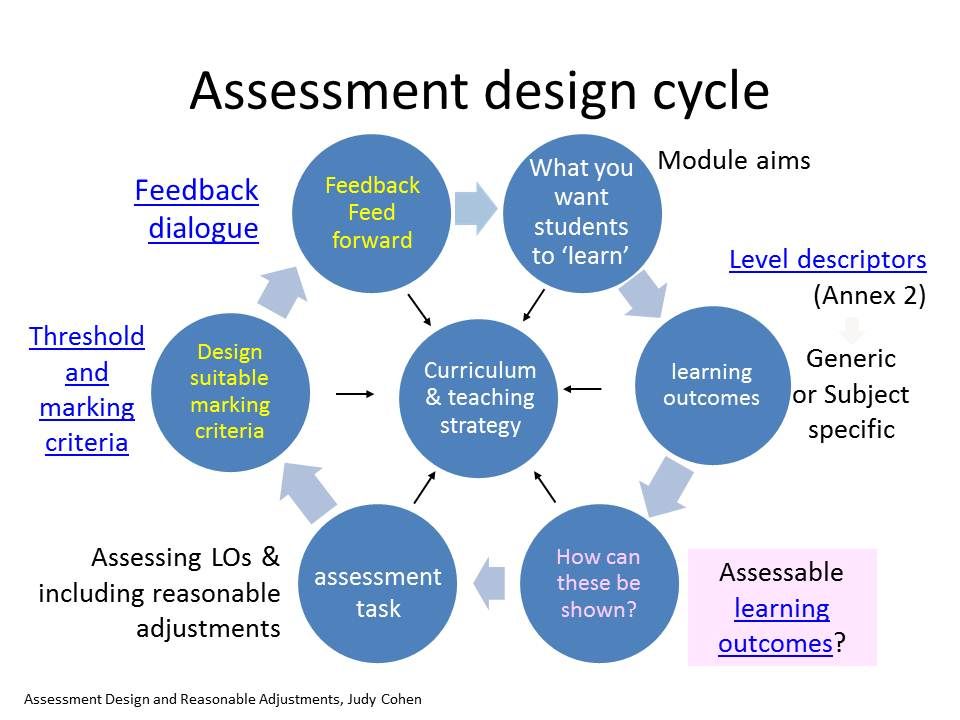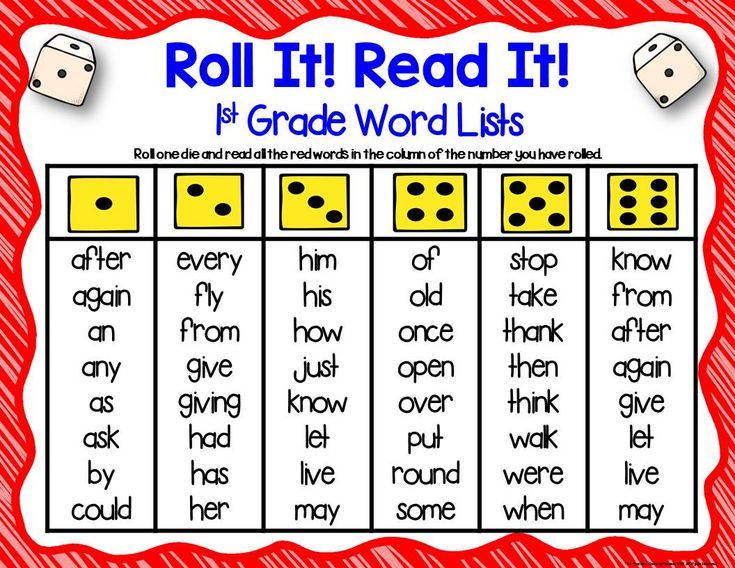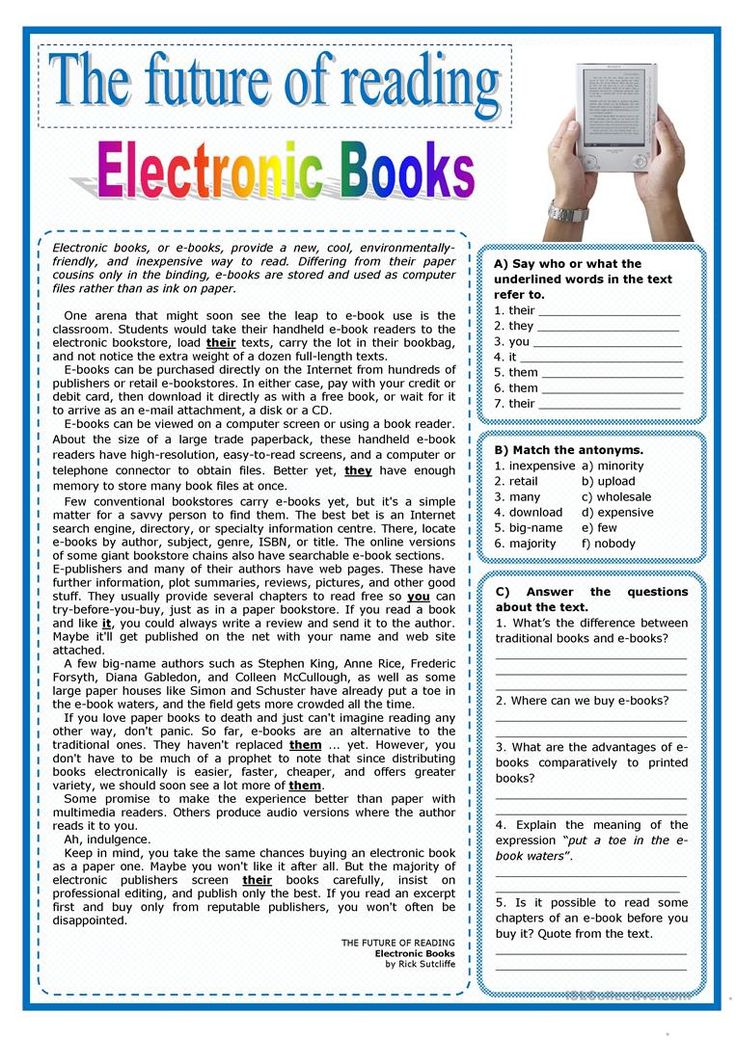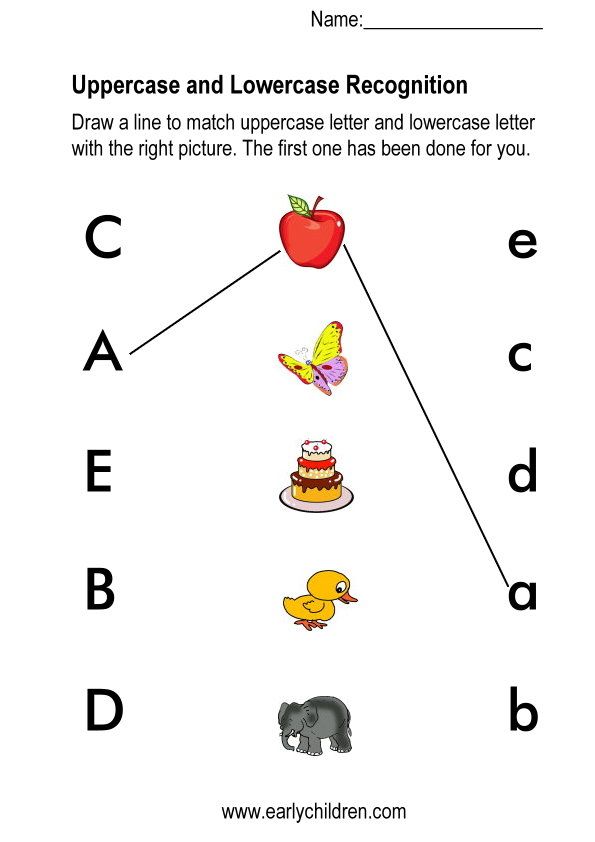First grade skill
First grade skills checklist
- Reading & Writing
- Mathematics
- Logic & Problem Solving
- Science
- Social Studies
- Creativity & Life Skills
- Personal & Social Skills
Is your child ready for first grade? See our checklist of essential developmental skills kids need to succeed.
Is your child ready for first grade? This simple question can send otherwise rational adults into a tailspin. Although every child is special and unique and develops at their own pace, there are certain skills and knowledge sets that most educators and developmental experts agree are essential for social and academic growth, development, and achievement in school. As you look through the following checklist of essential developmental skills children need before they enter first grade, please keep in mind that young children need continued opportunities to attain any new skill; a “one-shot” approach to teaching is not sufficient for building a strong base of attitudes, aptitudes and abilities.
Social skills
- Shows confidence in self and demonstrates a sense of self-worth
- Follows rules and routines at home and in kindergarten
- Uses materials purposefully and respectfully
- Comfortably adapts to changes
- Shows eagerness and curiosity as a learner
- Sustains attention to a single task over a period of time
- Works, plays and shares with others
- Interacts easily with familiar adults
- Participates in group activities
- Respects the feelings and rights of others
- Uses words to resolve conflicts
- Seeks adult help when needed
Reading & comprehension
- Shows independent interest in reading-related activities
- Listens with interest to stories read aloud
- Retells a simple story
- Recognizes the association between spoken and written words
- Recognizes all the letters of the alphabet in order
- Distinguishes between and prints capital and lowercase letters
- Associates letters and sounds
- Distinguishes likenesses and differences of letter sounds in spoken words
- Recognizes rhymes and rhyming patterns
- Makes predictions about a story or passage based on the title and/or pictures
- Identifies words and constructs meaning from picture clues in text
- Identifies basic sight words
- Distinguishes fact from fiction
- Begins to understand basic characteristics of fables, stories and legends
- Identifies story elements of setting, plot, character and conflict (where, when, what, who and why)
- Uses personal perspective in responding to stories, such as relating to characters or situations
- Begins to understand simple punctuation marks (period, question mark, etc.
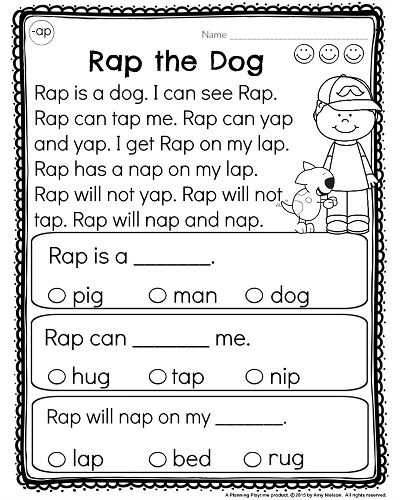 )
) - Locates the title, author name, illustrator name and table of contents
- Sorts common words into categories (e.g., food, colors, shapes)
Writing
- Reads and writes own name
- Tells a story using pictures
- Uses letters or shapes to depict words or ideas
- Writes familiar words
- Copies or writes words to convey messages
- Participates in group dictated stories
- Builds simple words and sentences
- Demonstrates left-to-right progression, and top-to-bottom progression
- Handles writing tools correctly
Language & listening skills
- Understands and follows simple directions
- Listens to others for short periods of time without interrupting
- Recites nursery rhymes, finger plays and songs
- Participates in discussions and conversations
- Asks questions
- Speaks clearly to convey messages and requests
- Distinguishes between asking and telling
- Distinguishes between formal and informal language (with peers, at home vs.
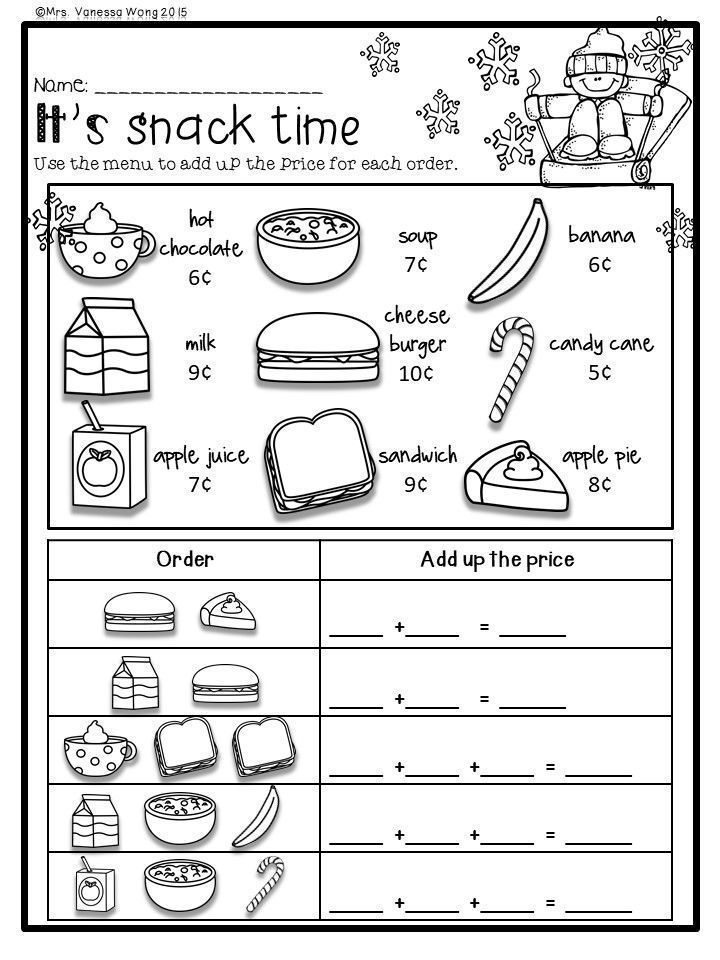 at school)
at school) - Uses complete sentences
- Composes oral stories
- Retells a simple story with basic elements of beginning, middle and end
Numbers, operations & problem solving skills
- Names numerals 0 through 30
- Writes numerals 0 through 20
- Uses counting skills to add to 10
- Classifies and compares objects
- Recognizes, duplicates and extends patterns and relationships of objects, symbols and shapes
- Collects data and makes records using lists or graphical representations
- Shows interest in solving mathematical problems
- Solves problems by guessing and checking using manipulatives or fingers
Geometry & measurement
- Becomes familiar with common instruments for measuring time and temperature (e.g., rulers, thermometers)
- Estimates and measures real quantities using non-standard units (blocks or paperclips)
- Understands and uses comparative words (long and short, heavy and light, etc.
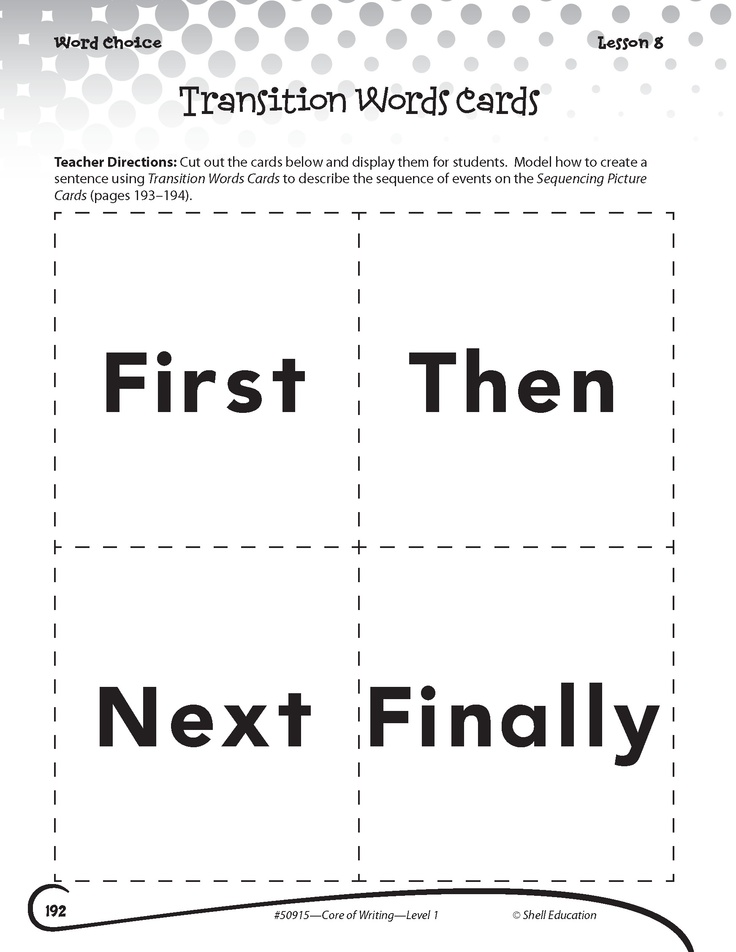 )
) - Identifies, labels and creates a variety of shapes
Math in action: Telling time, counting money
- Shows an understanding of the calendar and time
- Knows the days of the week and months of the year
- Knows the value of a penny, nickel, dime and quarter
Social studies
- Understands the concept of history as real stories of other times, events, places and people
- Understands broad categories of time (past, present and future)
- Knows different methods of communication from long ago to present day (oral, pictographs, etc.)
- Understands the concept of historical contributions by historical figures
- Has a basic awareness of other cultures and cultural traditions
- Knows significant individuals in United States history
- Knows people and events honored in commemorative holidays
- Recognizes American symbols (the eagle, Liberty Bell, the flag, etc.)
- Recognizes that people use maps, globes and other models to identify and locate places
Science
- Forms conclusions based on comparisons, sense observations and exploration
- Knows that the Sun supplies heat and light energy to the Earth
- Recognizes basic patterns in weather
- Recognizes how people impact the Earth, including concepts of conservation, recycling and reducing pollution
- Understands that all living things have basic needs
- Distinguishes between living and non-living things
- Recognizes how living things change as they grow and mature
- Compares and describes the structural characteristics of plants and animals
- Distinguishes between types of environments and their inhabitants (hot, cold, wet, dry, etc.
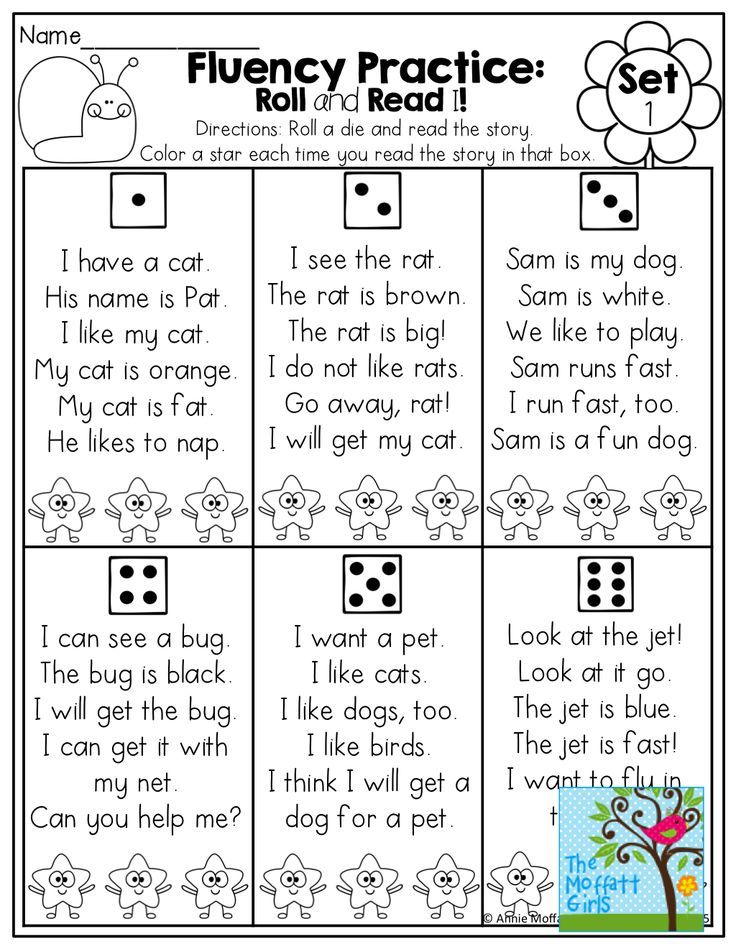 )
)
Ready for 1st Grade: Skills Kids Need
A lot of learning happens in kindergarten to help kids hit the ground running when they go into first grade. Some of the skills kids need going into first grade are social skills, like listening and taking turns. Others are more academic — the skills kids need to develop as they do more work in reading, writing, and math.
Here’s a sample of what kids should be learning by the end of kindergarten to be ready for first grade.
Literacy skills kids need for first grade
Literacy skills include both reading and writing. The two are taught together because they’re closely connected. In kindergarten, kids practice breaking words into small chunks and identifying the sounds each letter makes. (This is known as decoding.)
That’s because kids going into first grade are expected to know the alphabet and the basic features of letters and words. They’re also typically able to recognize and provide rhyming words.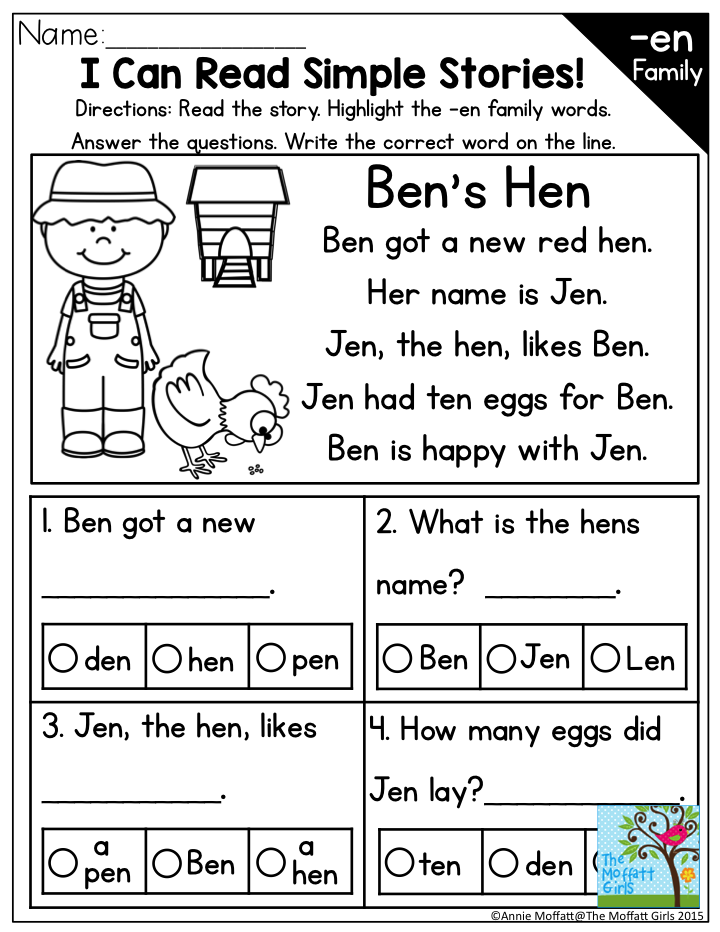 These are all skills that help emerging readers learn new words and read simple books.
These are all skills that help emerging readers learn new words and read simple books.
When it comes to writing, incoming first graders are expected to be able to write and share information in a variety of ways. This includes drawing, writing letters and words, listening to others, and speaking out loud. To help build these skills for first grade, kids do activities like these:
- Write and recognize upper- and lowercase letters.
- Match letters to sounds, make rhymes, and recognize some words without having to sound them out (teachers refer to these as sight words, and some of the first ones kids pick are and, the, and it).
- Learn and use new words to express thoughts, feelings, and ideas clearly.
- Ask and answer questions about a story the teacher reads aloud, and talk about the characters, settings, and major events in the story.
- Name the person, place, thing, or idea in a picture.
- Follow the rules of conversation by listening and taking turns talking.
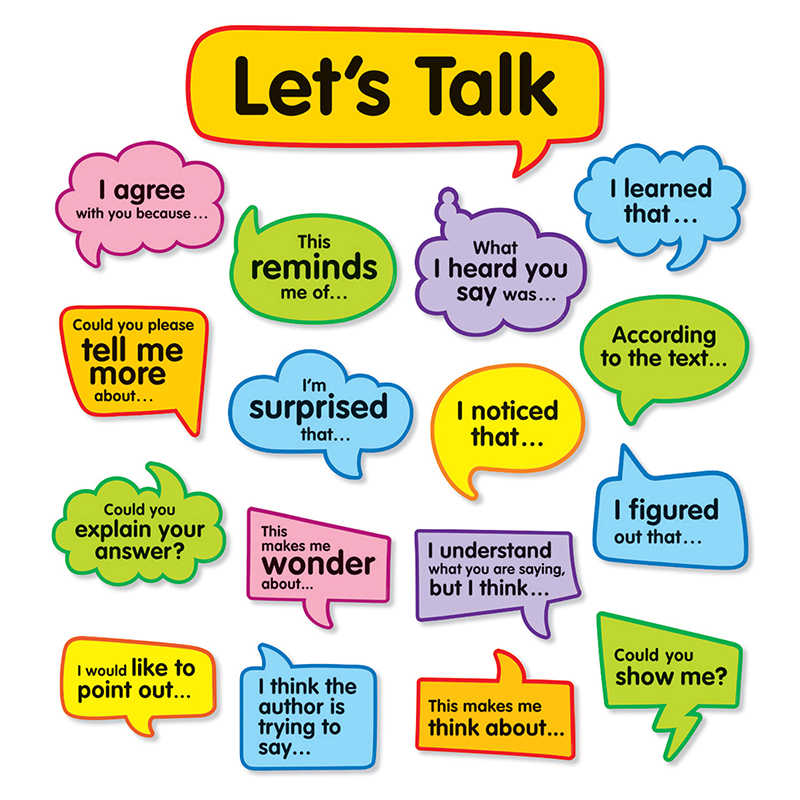
- Give information about an event, topic, or opinion by drawing, talking, and writing about it.
- Participate in shared reading and writing activities (for example, the teacher reads a big picture book aloud and students take turns sharing ideas about it).
You can help your child build literacy skills at home, too:
- Learn about ways to help kids connect letters and sounds.
- Get tips to help your child develop good reading habits.
- Use fun multisensory techniques to practice writing.
Math skills kids need for first grade
There are two big math concepts kids need a strong grasp of as they go into first grade. The first is number sense — learning numbers and what they stand for, like connecting the number “5” with a picture of five apples. The other big one is addition and subtraction. Kindergartners also learn to identify and work with shapes.
Here are some activities kids do to build math skills going into first grade:
- Count how many objects are in a group (one by one) and compare it to another group to figure out which is greater or less than the other.

- Recognize that addition means putting two groups together and that subtraction means taking away from one group.
- Add and subtract numbers 1 through 10.
- Use objects to show how to break up numbers less than or equal to 10 in more than one way (for example, 8 erasers = 2 groups of 4 erasers, and 8 erasers = a group of 2 and a group of 6).
- Find the number of objects to make any group of 1 to 9 into a group of 10.
- Use objects or draw pictures to represent and solve simple addition and subtraction word problems.
You can help your child build math skills at home, too:
- Explore fun picture books to get your child excited about math.
- See how to use everyday household items to practice math.
- Play board games that build math skills.
Working with your incoming first grader
Take a look at your state’s academic standards to see what skills are expected for kids going into first grade. Not all states use the same standards, but many of them have similar expectations for students.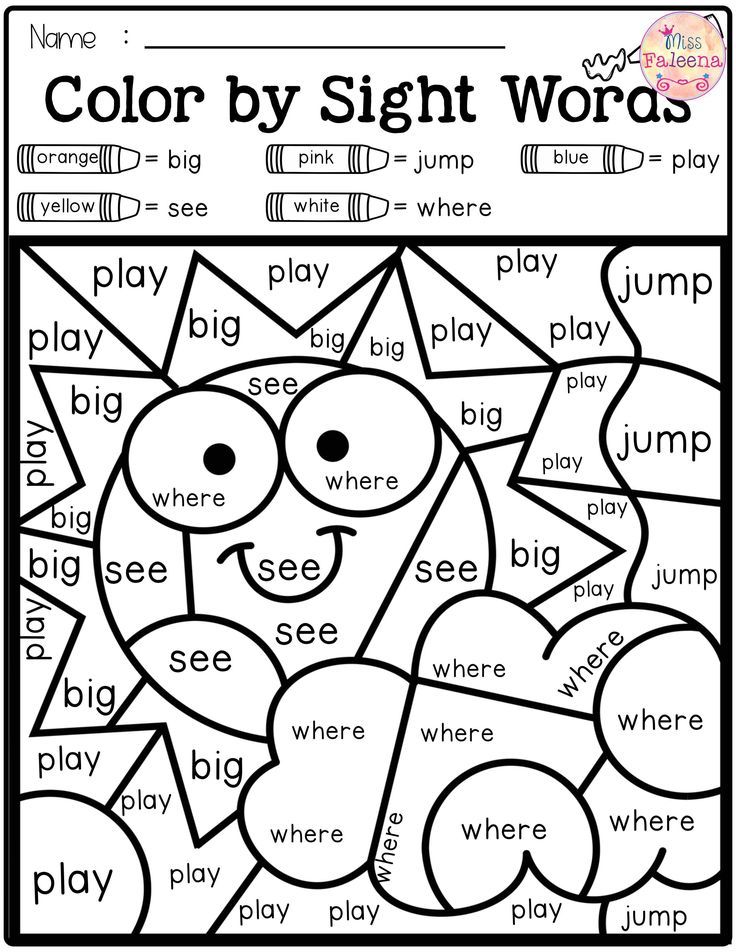
Keep in mind, too, that kids develop skills at different rates. But if your child doesn’t have most of these skills down by the end of kindergarten, it’s a good idea to check in with your child’s teacher to speak about your concerns. Together you can come up with a plan for keeping track of your child’s progress and getting ready for first grade.
Key takeaways
Incoming first graders typically know the alphabet and can add and subtract numbers 1 through 10.
There are fun ways to practice language and math skills to help your child get ready for first grade.
If you have concerns about your child’s progress, talk to the teacher to come up with a game plan.
What a child should know and be able to do by the first grade: knowledge for a first grader
According to the law of the Russian Federation "On Education", admission to the first grade of state and municipal educational institutions is prohibited through a competition. Any child aged 6.5–8 has the right to enroll in a school. But some things should be taught to the baby before the start of training - this will make it easier to adapt to a new rhythm.
Any child aged 6.5–8 has the right to enroll in a school. But some things should be taught to the baby before the start of training - this will make it easier to adapt to a new rhythm.
Knowledge and skills for life
Family knowledge
Kindergarten graduates should easily navigate information about close relatives and their data. Full name, age, date of birth, what mom and dad work for, how old are the brothers and sisters. It is good if the child by the first grade knows by heart the phone number of one of the parents and the home address.
Knowledge of safety rules
It is assumed that the baby is familiar with the basic rules of behavior on the street: in what places and at what color of the traffic light to cross the road, what to do if the traffic light is not visible, is it possible to leave with a stranger without the knowledge of the parents. This is the minimum knowledge of safety that a child should have by the first grade. nine0003
Speech development
It is important for a child to speak clearly and distinctly, to distinguish between male and female, to determine the sound in a word, to select simple synonyms, to be able to describe objects, build a dialogue, choose the superfluous in a row and generalize.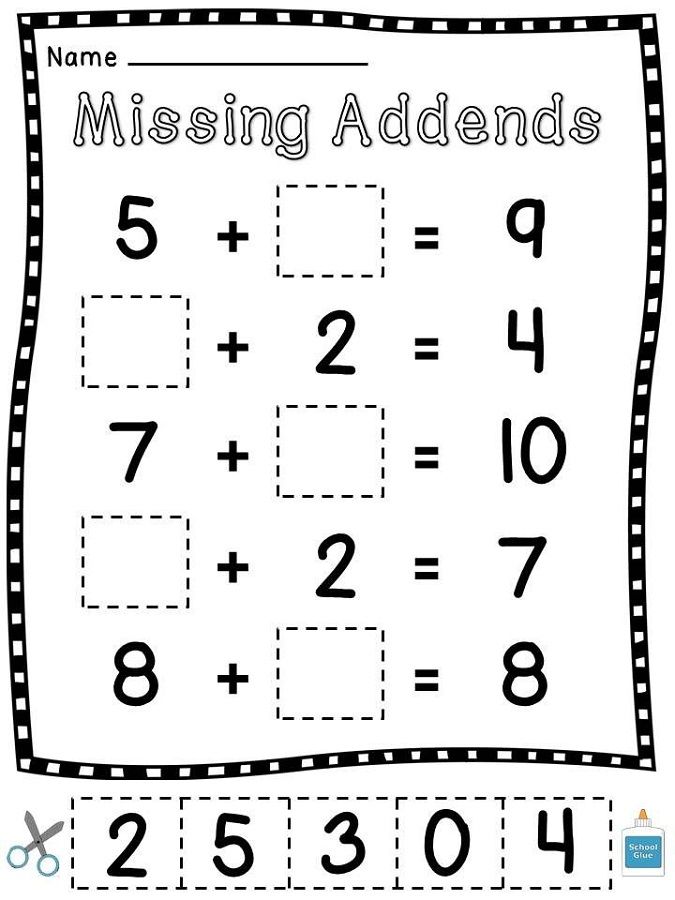
Soft skills
Soft skills (“soft skills”, “soft skills”) are universal skills that help a person to be successful regardless of the chosen profession or place of work. We can say that this is the base of certain skills on which success and efficiency are based. nine0023
Soft skills develop throughout a person's life. It is important to lay their foundation already at the senior preschool age, so that it would be easier for the future first-grader to adapt to new living conditions.
Mindfulness and the ability to concentrate
This is the basic skill by which all others are formed.
At the moment everyone is surrounded by a huge flow of information. Adults absorb it, sometimes without even thinking. And the children repeat. In order to memorize new things and be able to apply this knowledge in practical life, it is first necessary to develop the ability to concentrate and maintain attention. Without this, it is impossible to learn and achieve success.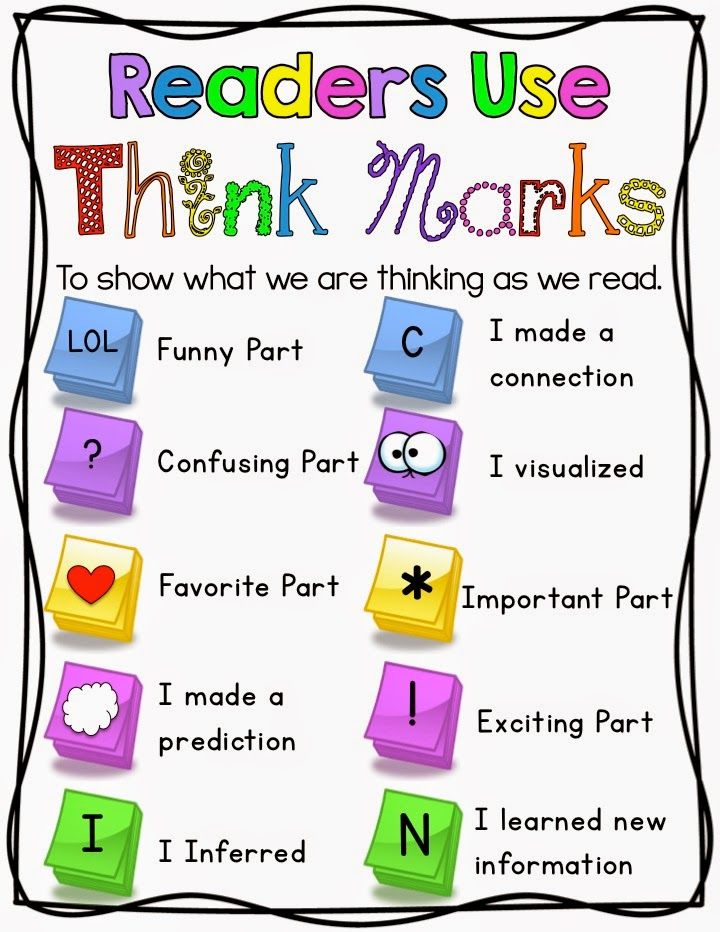 nine0003
nine0003
Critical thinking
The ability to defend one's point of view and not take everything on faith. It is worth explaining to the child how important it is to check the information, question it and ask questions.
Logical thinking
Must be developed from early childhood. Logical thinking contributes to the ability to see and build patterns, analyze information, draw conclusions, consider the same situation from different angles. A person with a developed logical thinking has almost unlimited possibilities and easily adapts to various situations. nine0003
Communication skills and teamwork
Our whole life from the very first days is connected with communication, without it it is impossible to exist, therefore it is so important to develop and improve the child's communication skills as early as possible. The ability to be friends, empathize, negotiate, resolve conflicts and defend yourself if necessary. In addition, it is important to teach a child to hear, appreciate and respect someone else's point of view, to take the place of another person, to find a common language with different people - all this is about working in a team, a team. nine0003
nine0003
<
Out-of-the-box thinking and the ability to think creatively
The skill allows a person not only to adapt to changing environmental conditions, but also to find answers to questions of any complexity, generate new ideas, see and find positive even, it would seem , in desperate situations.
Emotional intelligence
It is important to teach a future first-grader to understand his emotions, to be able to cope with them, to talk about his feelings, to experience empathy. Without these basic skills, a future happy life without depression, apathy and neurosis is impossible. Such questions are especially acute and relevant at the beginning of schooling, during the period of adaptation, when the psychological burden on the child increases. nine0003
<
Intercultural openness
In today's world, with the opportunities of travel and online learning, it is important and necessary not only to know a foreign language, but also to be able to understand the cultures of other peoples.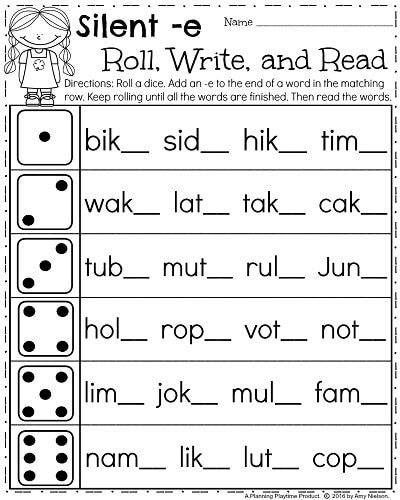 Know the features and respect the religion of other nations, be familiar with the traditions and honor them. This helps to find a common language with representatives of other countries.
Know the features and respect the religion of other nations, be familiar with the traditions and honor them. This helps to find a common language with representatives of other countries.
Self-organization and time management
The skill can be useful in any area: putting things in order, managing your life, prioritizing things. This will save the child from fatigue, stress, increase self-confidence and teach them to enjoy life.
<
Knowledge and skills for school
Knowledge about the surrounding world
It is believed that by the first grade a child knows natural phenomena: snow, hail, lightning. The child should be able to distinguish colors, plants, animals, body parts, clothing and footwear, dishes. To test the knowledge of a preschooler, you can offer offhand to name several types of trees or migratory birds. For clarity, purchase a children's encyclopedia, look at illustrations together and discuss paragraphs.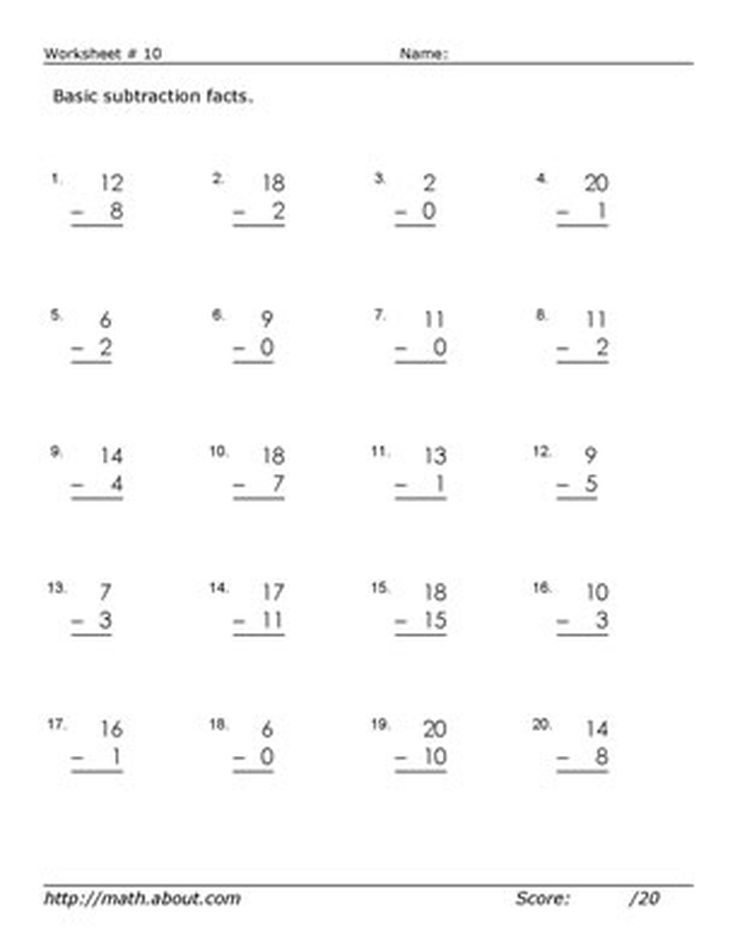 nine0003
nine0003
Knowledge of time and space
Make sure that the child is guided by the hourly routine of the day, knows how to tell the time using an ordinary clock with hands, can list the days of the week and the names of the seasons without hesitation. Another important skill is to distinguish between “right” and “left”.
Mathematical knowledge
This is an important category, but it often causes problems. It's good if the child:
- Counts up to 100 and knows how to perform elementary addition and subtraction operations within the first ten. At least it is worth knowing the numbers 0 to 10 in forward and reverse order. nine0085 - Indicates the number of items as a number.
Distinguishes between "one" and "many". Operates with the concepts of "greater than", "less than", "equal", "up", "down".
- Able to compare objects by size, shape. It is expected that he is familiar with basic geometric concepts - a parallelepiped is unlikely to be needed, but a circle, rectangle, square is quite.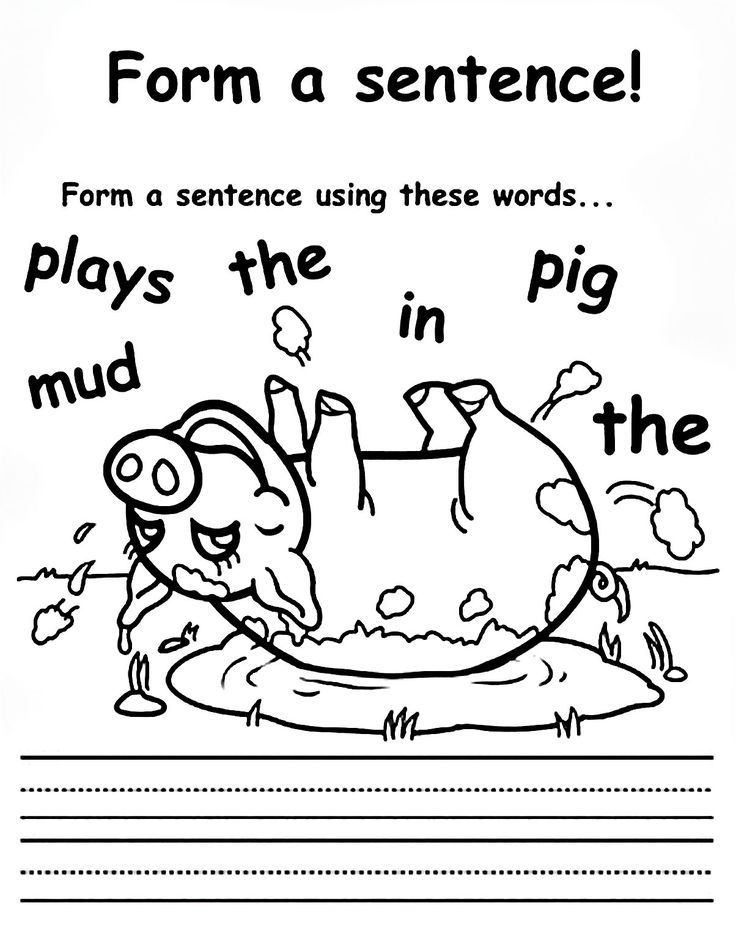
It is also important to teach the child to find patterns in order to train logic: exercises with pictures like “Find 5 differences” are perfect here. nine0003
Knowledge of reading and the Russian language
A future first-grader is recommended to know the alphabet. Despite the fact that it is not officially required to be able to read, this will definitely be asked at the interview. It is easier for children who have learned to read before school to adapt: as a rule, their academic performance is higher than that of children who read in elementary school in syllables. You should not force your child to pore over books without getting out, but you can try to motivate them to read on their own.
What you need to know to get into first grade at Foxford
Our online school has several learning formats, from which parents choose the one that suits their child the most. These can be recorded or online lessons.
Since Foxford is an online school, it is important to pay attention to how well the child is familiar with the computer and whether he can type on the keyboard and also handle the mouse.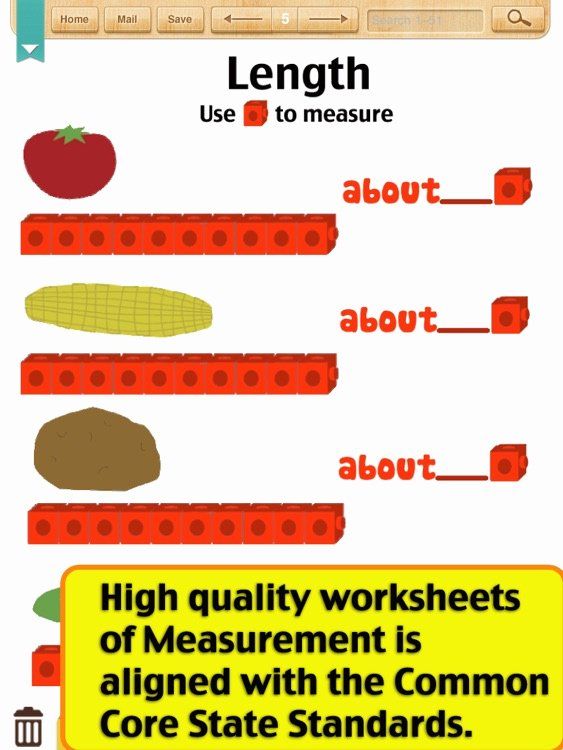
In order to be successful in elementary school, a child must have basic reading, writing, and arithmetic skills. There are no entrance tests, but the family is offered a small test to check the readiness of the child for school. nine0003
It is important to equip a learning area for a future first-grader before starting training, think over the daily routine and “pump” self-organization skills. Adults should be prepared for the fact that at first the child may need help.
Parents need to pay special attention to the adaptation moment in order to maintain a positive psychological environment and the child's condition.
Résumé
There are no official requirements for what a child should know by the first grade. nine0003
Parents should pay attention to the general and basic developmental skills and abilities of a preschooler. Focus on issues that have caused problems for the child. For example, go to a museum to learn more about predatory animals, or practice the rules of the road for pedestrians so that the baby knows exactly how to cross the road correctly.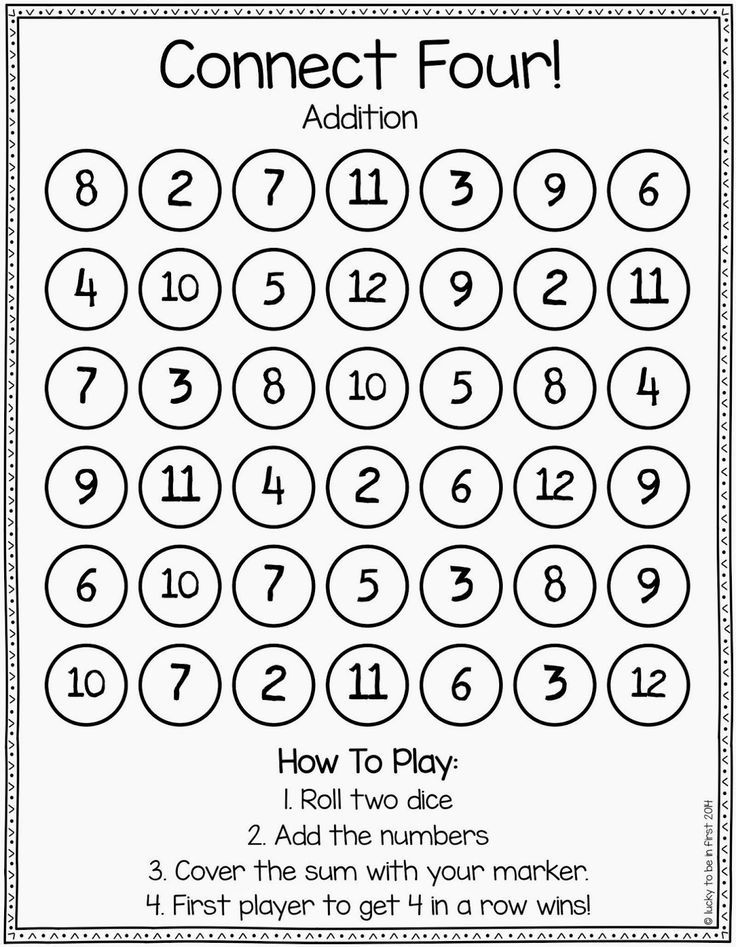 As for reading, psychologists recommend setting an example for the child: read more to the parents themselves. If the baby sees that mom and dad take up a book in their free time, he involuntarily copies the behavior. nine0085
As for reading, psychologists recommend setting an example for the child: read more to the parents themselves. If the baby sees that mom and dad take up a book in their free time, he involuntarily copies the behavior. nine0085
Developing counting skills from 0 to 10, Petrenko S.V. . Mini-trainer , Book House , 9789851722880 2021 64.50 rub.
Petrenko S.V.
Series: Mini Trainer
64.50 rub.
Stores only
Available at 17 stores
Angarsk, Prodalit shopping center MEGA nine0003
Irkutsk, Prodalit Cash&Carry
Irkutsk, Sell Angara
Irkutsk, ProdaLit Children's Quarter
View all stores
The price in the store may differ
from the price indicated on the site.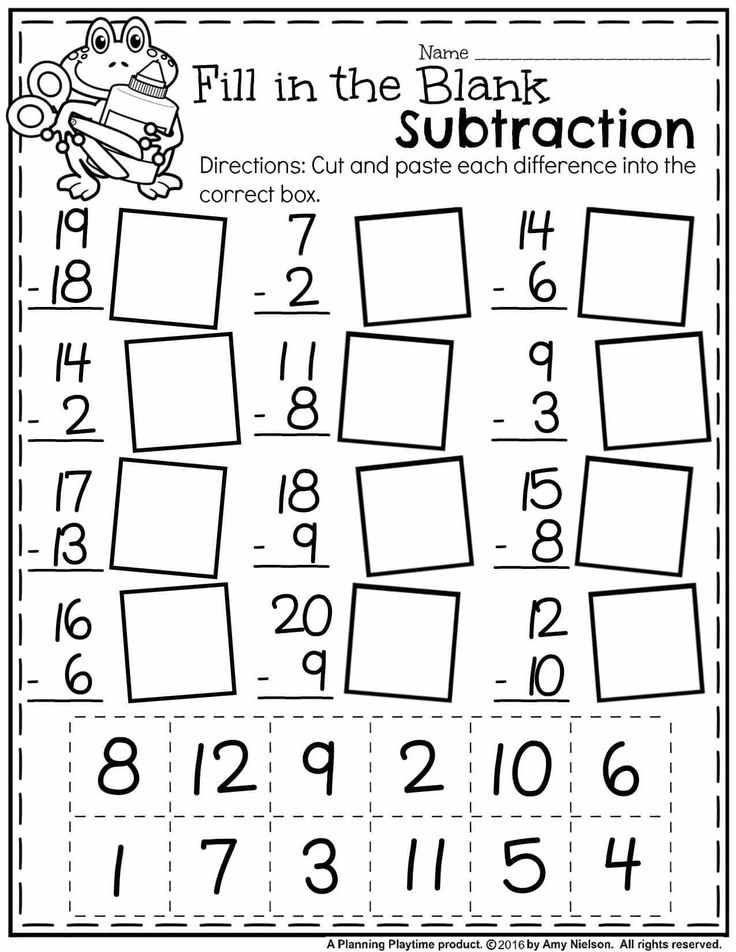
Share a link to:
Publisher: Knizhny Dom
ISBN: 978-985-17-2288-0
barcode: 978989851722880
Pages: 16
Type of cover: Soft
: 2021
VAT: 10%
Age: from 6 years to 11 years old
Code: 850728
Description
This study guide will contribute to the effective study of mathematics in the 1st grade. In a simple and accessible form, it will allow you to develop, consolidate and test the key skills of the child on the most important topics of the subject being studied.
Specially selected examples and tasks will help not only to master the simplest arithmetic operations of addition and subtraction within 10, but also teach you how to properly format mathematical examples and tasks.
All tasks are clearly formed and systematized within one page. The child can independently evaluate the work performed on each page - circle the sun in the margins with the appropriate assessment.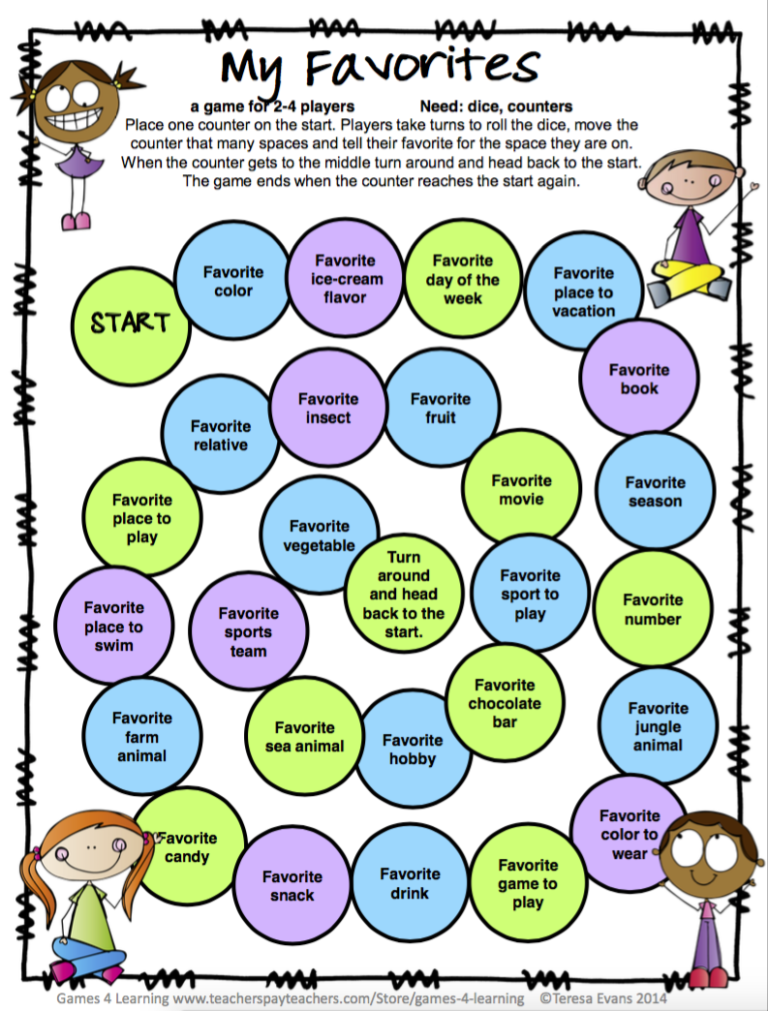
See all
nine0164 373.50 rub.-20% after registration
Take off your rose-colored glasses: Roman (2021)
Petrenko S.V.
$67.50
-20% after registration
Writing English letters: 6-7 years (2021)
comp. Petrenko S.V. nine0003
$54.00
-20% after registration
Learning to write in cells. 3-5 years (2020)
Petrenko S.V.
$64.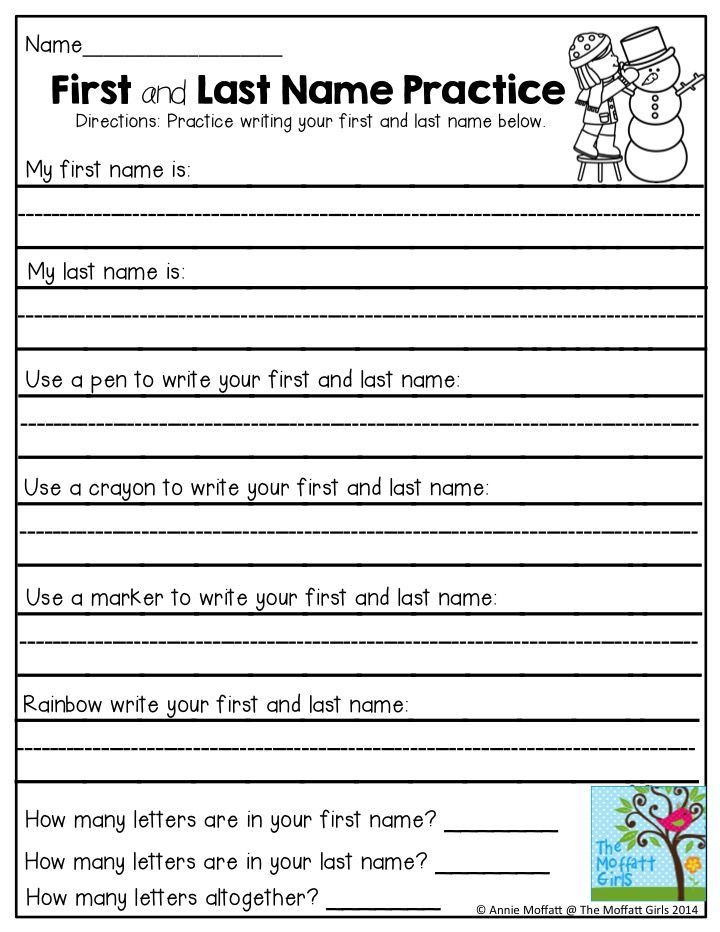 50
50
-20% after registration
English: Developing Letter and Word Writing Skills (2020) nine0007
Petrenko S.V.
$85.00
Printed letters and numbers: 6-7 years (2023)
Petrenko S.V.
Stores
$71.00
Russian language. Grade 1: We write vocabulary words correctly (2022) nine0007
Petrenko S.V.
Stores
225.00 rub.
Fixing Bad Handwriting: 315 Calligraphic Writing Exercises (2022)
Petrenko S.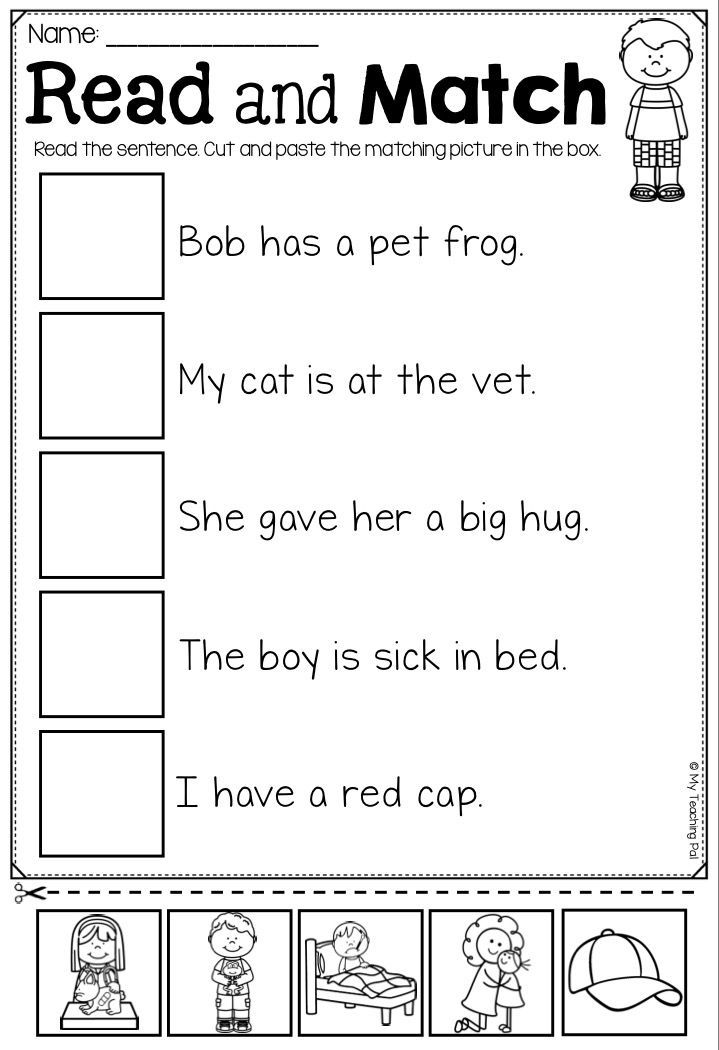 V.
V.
Stores
nine0002 RUB 71.00
Russian language. Grade 1: We write letters correctly by elements (2022)
Petrenko S.V.
Stores
$178.50
Complex prescriptions. 1 class GEF (2022) nine0007
Petrenko S.V.
Stores
$108.00
Writing capital letters: 3-6 years (2022)
Petrenko S.V.
Stores
$108.00
We write letters and numbers point by point: 3-6 years (2022)
Petrenko S.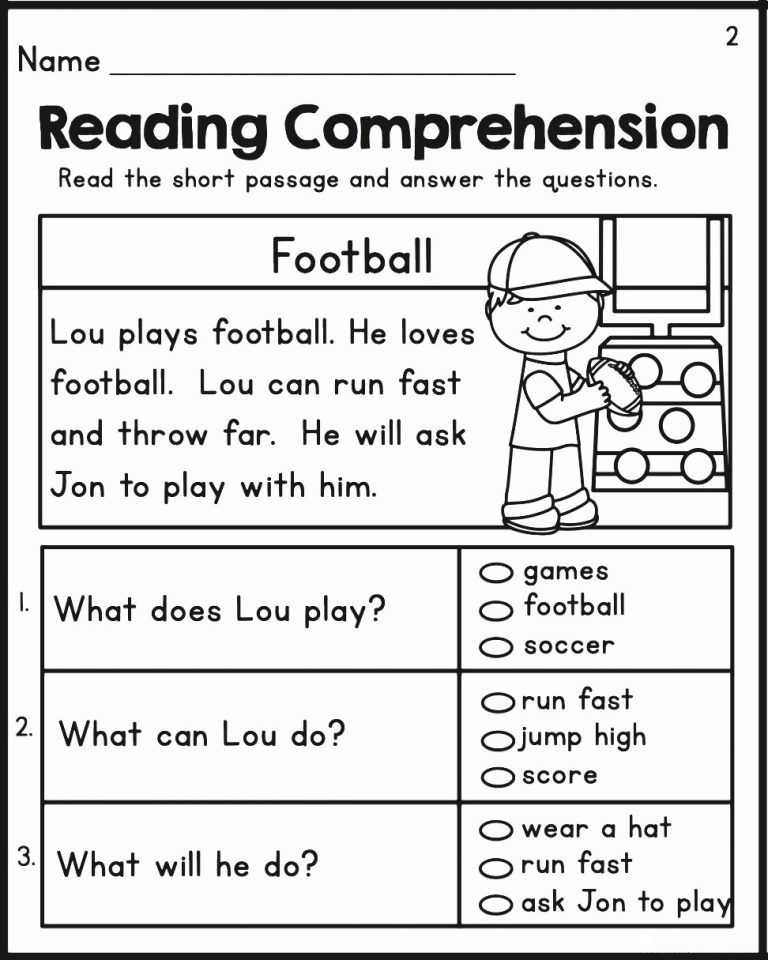 V.
V.
Stores
$108.00
We write numbers and letters in the cells: 3-6 years (2022)
Petrenko S.V. nine0003
Stores
$59.50
We train the hand. Write and draw line by line: 3-5 years (2022)
Petrenko S.V.
Stores
$59.50
We train the hand. We write and draw by cells: 3-5 years (2022) nine0007
Petrenko S.V.
Stores
$67.50
Calligraphic capitalization: For 6-7 year olds (2022)
Petrenko S.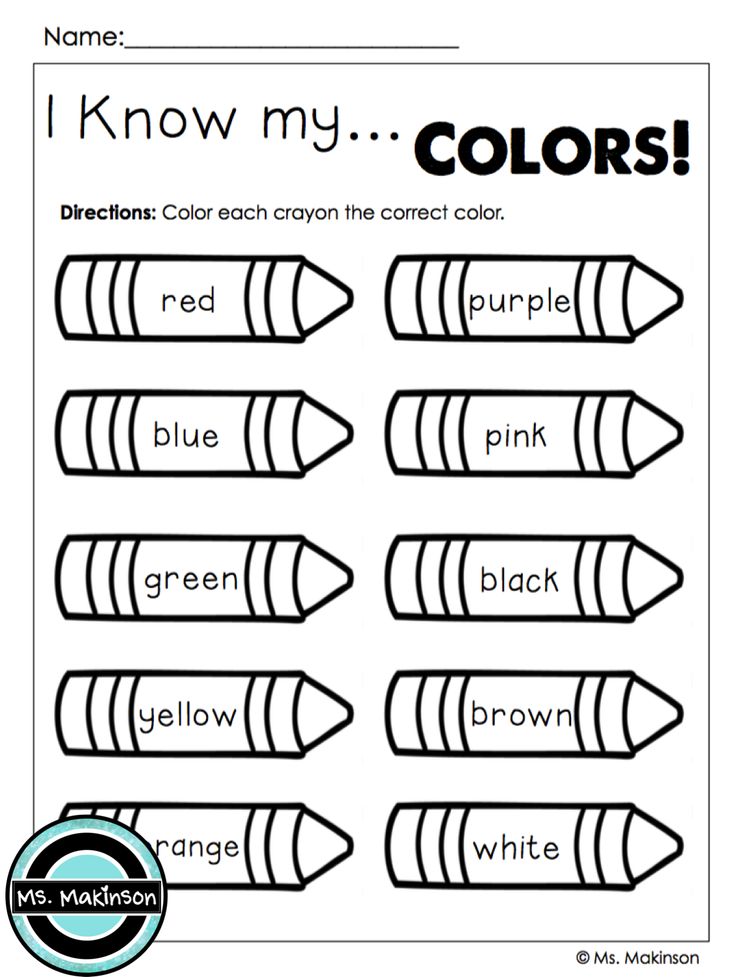 V.
V.
Stores
nine0002 $59.50
Copybooks with tasks: First syllables: 5-6 years (2022)
Petrenko S.V.
Stores
$59.50
Recipe: Learning to write in dots. 3-5 years (2022) nine0007
Petrenko S.V.
Stores
$54.00
Getting ready to write. Stroke: For children 3-5 years old (2022)
Petrenko S.V.
Stores
$54.00 nine0003
We develop writing skills.
 Alphabet: For children 5-6 years old (2022)
Alphabet: For children 5-6 years old (2022) Petrenko S.V.
Stores
$178.50
Stroke and Hatching: Preschool (2021)
Petrenko S.V.
Stores
See all
$64.50
-20% after registration
English: Developing Letter and Word Writing Skills (2020)
Petrenko S.V.
nine0164 $58.50-20% after registration
Russian language. Grade 1: We write vocabulary words correctly (2020)
Radevich T.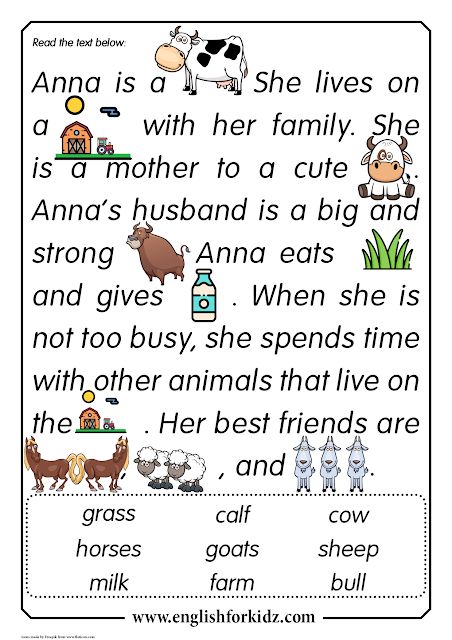 E.
E.
$71.00
Russian language. Grade 1: We write vocabulary words correctly (2022)
Petrenko S.V. nine0003
Stores
$71.00
Russian language. Grade 1: We write letters correctly by elements (2022)
Petrenko S.V.
Stores
$64.50
Mathematics. Grade 1: We form automatic counting skills from 0 to 20 (2021) nine0007
Petrenko S.V.
Stores
$64.50
Russian language.
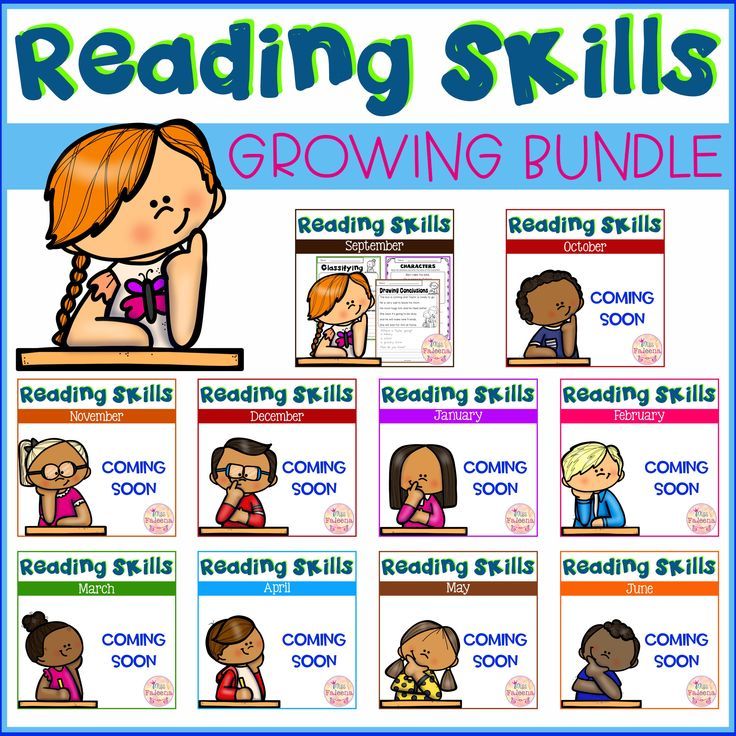 Grade 1: Learning to connect letters correctly (2021)
Grade 1: Learning to connect letters correctly (2021) Petrenko S.V.
Stores
nine0002 $64.50
Russian language. 1 class: Strengthen the hand for correct writing (2021)
Petrenko S.V.
Stores
$64.50
Mathematics. Grade 1: Develop counting skills from 0 to 10 (2021) nine0007
Petrenko S.V.
Stores
$58.50
English: We write correctly block letters (2020)
Petrenko S.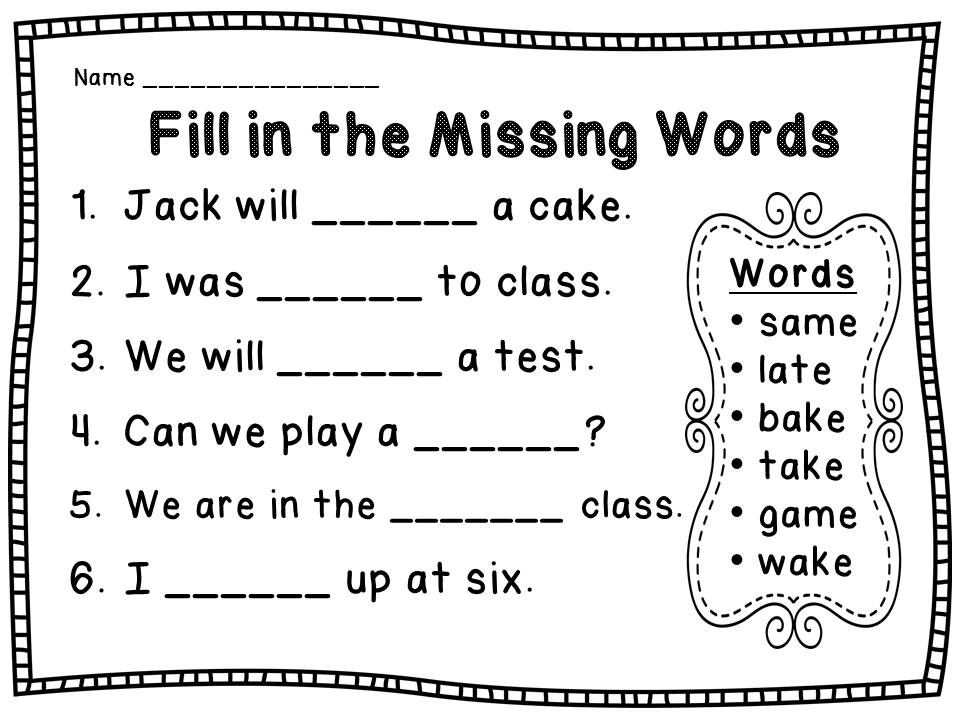 V.
V.
Stores
$58.50 nine0003
Mathematics. Grade 2: We consolidate knowledge of the multiplication table (2020)
Petrenko S.V.
Stores
$64.50
Mathematics. Grade 1: We study the bit composition of numbers (2020) nine0007
Stores
$51.00
Mathematics. Grade 1: We develop counting skills from 0 to 20 (2020)
Petrenko S.V.
Stores
$44.50
Russian language.
 Grade 1: We develop literate writing skills (2017) nine0007
Grade 1: We develop literate writing skills (2017) nine0007 Radevich T.E.
Stores
$40.50
Mathematics. Grade 1: We depict mathematical figures and signs (2017)
Petrenko S.V.
Stores
nine0002 $40.50
Mathematics. Grade 1: Developing subtraction and addition skills: Mini-simulator (2017)
Petrenko S.V.
Stores
$40.50
Mathematics. Grade 1: Learning to draw clear lines: Mini-simulator (2017) nine0007
Petrenko S.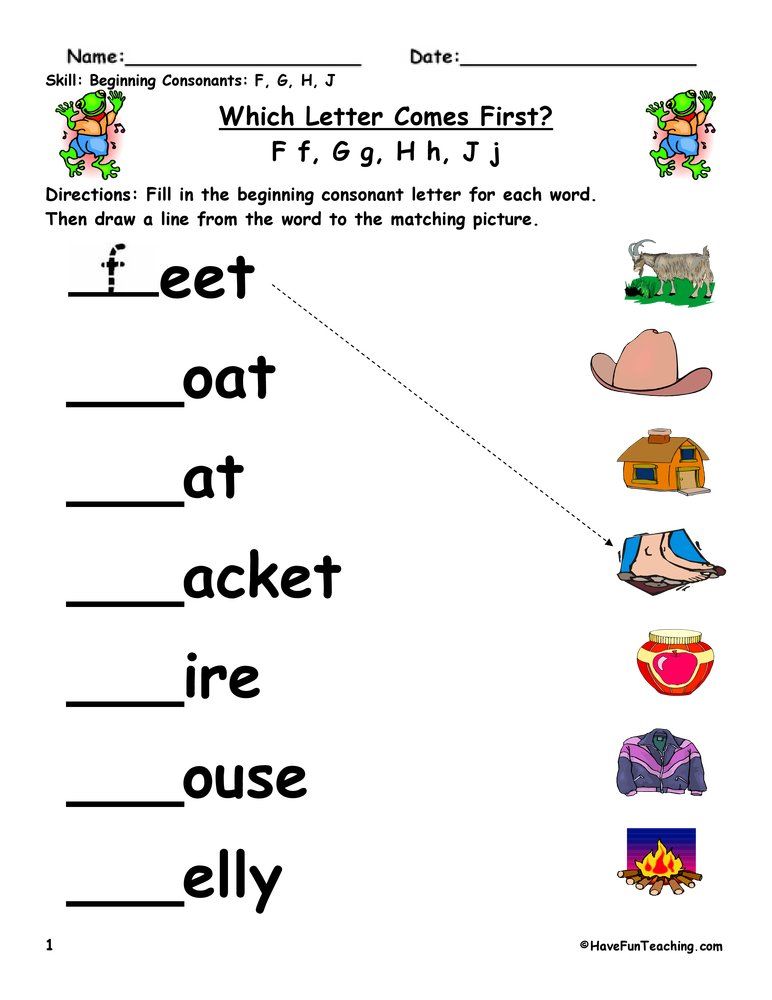 V.
V.
Stores
See all
242.50 rub.
Algebra. Grade 8: Didactic materials (2020)
Zhokhov V.I., Makarychev Yu.N.
Stores
nine0002 766.00 rub.
Biology tutor for high school students and university applicants (2022)
Shustanov Tatyana Anatolyevna
Stores
203.00 rub.
Mathematics. Grades 7-11: Pocket Guide (2022) nine0007
Lysenko F.F.
Stores
$131.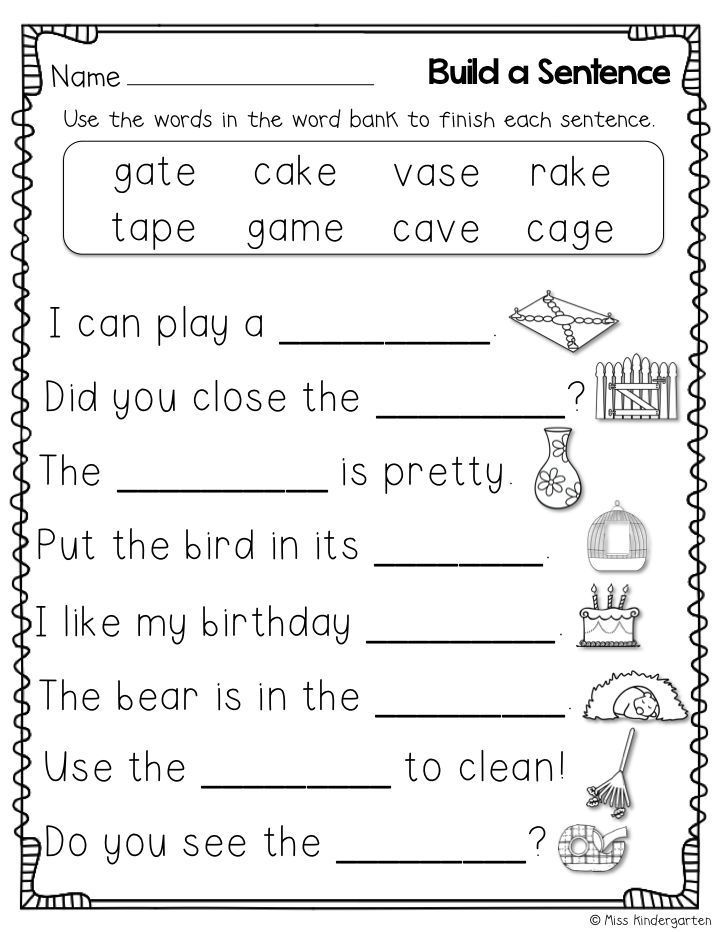 00
00
-20% after registration
Mathematics. Grade 3: Complex simulator (2022)
Barkovskaya Natalya Frantsevna
$172.00
-20% after registration
Mathematics. Grade 5: Test papers for the textbook of Nikolsky S.M. GEF (to the new FPU) (2022)
Akhremenkova Vera Igorevna
RUB 334.00
Biology in infographics (2022)
Mazur O.Ch.
nine0123 Shops
$122.00
Physics. Grades 7-9: GEF Handbook (2018)
Gormtseva O.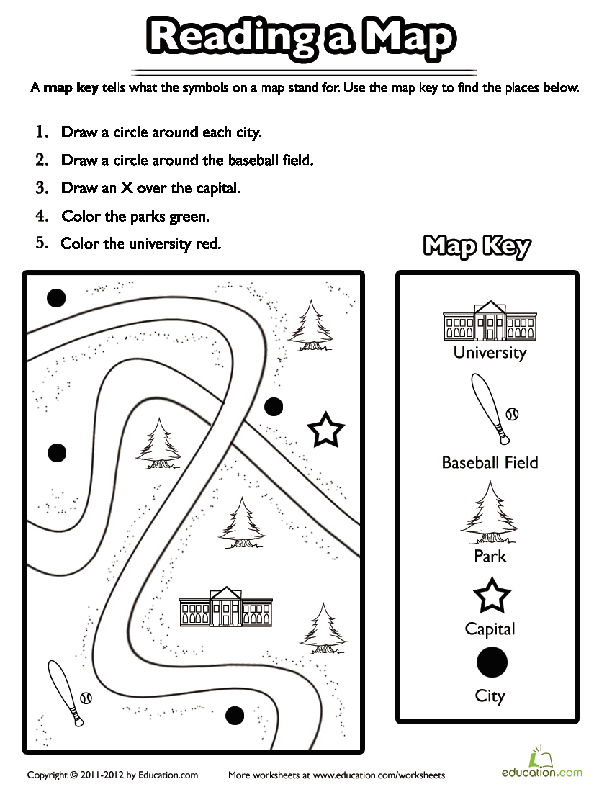 I.
I.
Stores
$419.00
-20% after registration
Mathematical literacy. Collection of reference tasks: Issue 1 Part 1 (2022) nine0007
Kovaleva G.S., Roslova L.O., Krasnyanskaya K.A.
$100.00
3000 examples in mathematics. Grade 1: We count and explain. Addition and subtraction (2021)
Uzorova Olga Vasilievna
Stores
RUB 555.00 nine0003
-20% after registration
Physics. Grade 10: Basic level. Collection of problems (2022)
Zabolotsky A.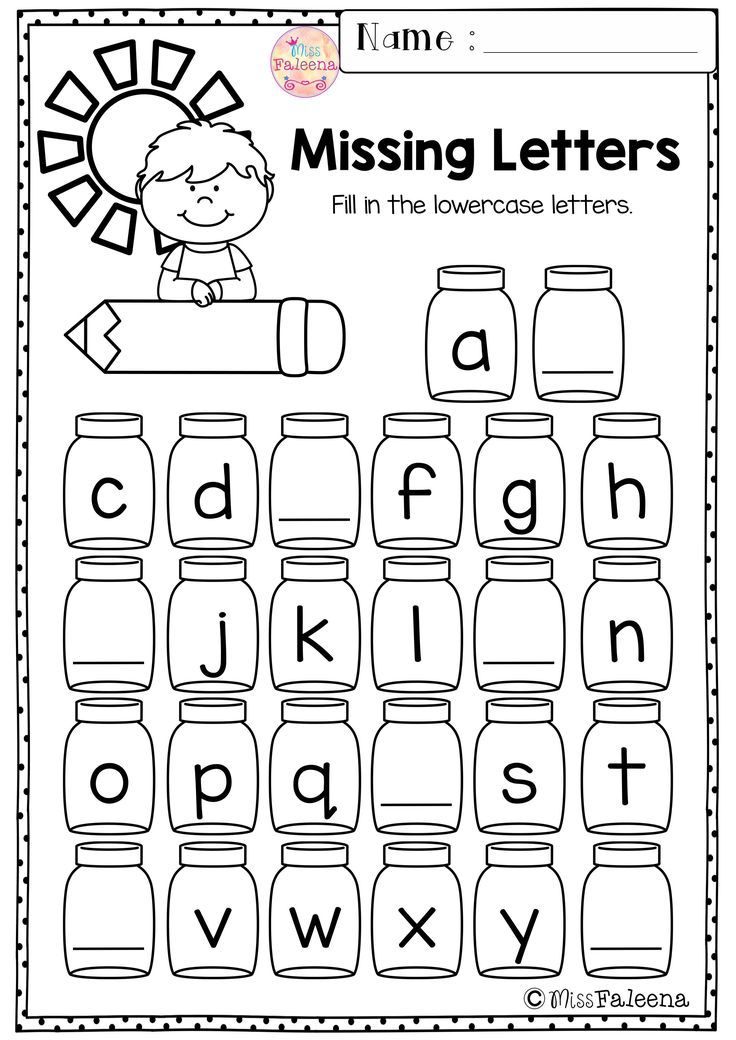 A. Komissarov V.F. Petrova M.
A. Komissarov V.F. Petrova M.
$94.50
Training examples in mathematics. 3 cells: Account within 1000 GEF (2021) nine0007
Kuznetsova Marta Ivanovna
Stores
$179.50
Math trainer. Grade 2 GEF (2021)
Yatsenko. I.F.
Stores
RUB 153.00 nine0003
Geography. Grade 5-6: Testing work (2020)
Bondareva M.V. Shidlovsky I.M.
Stores
$94.50
Training examples in mathematics.
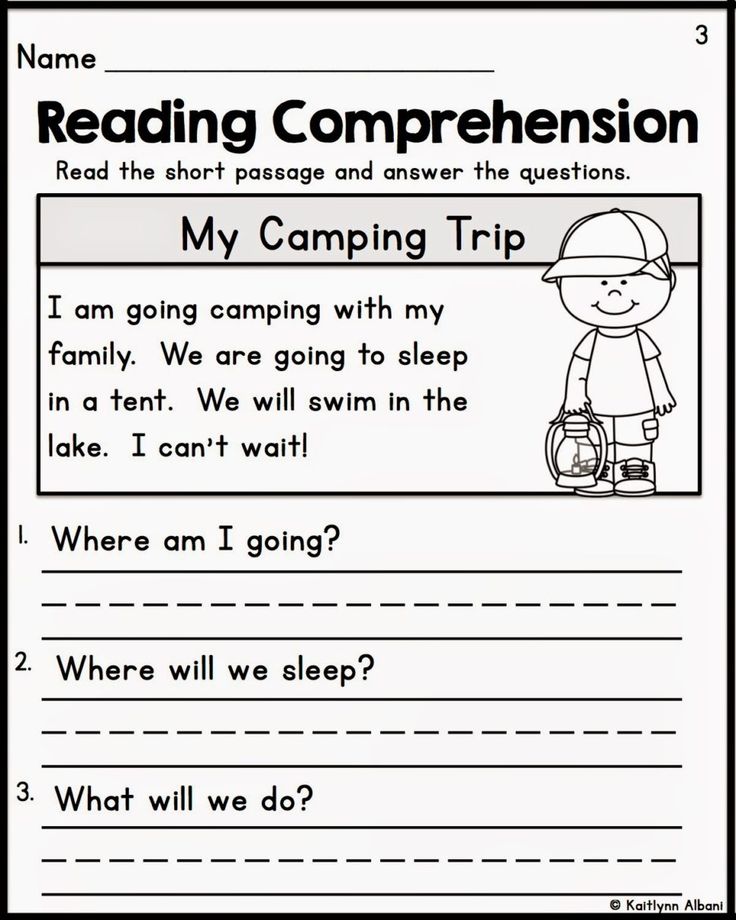 Grade 1: Count from 6 to 10 (FGOS) (2021) nine0007
Grade 1: Count from 6 to 10 (FGOS) (2021) nine0007 Kuznetsova Marta Ivanovna
Stores
$296.50
Geometry. Grades 7-11: Algorithms for solving problems (2020)
Vinogradova T.M.
Stores
nine0164 322.00 rub.-20% after registration
Solving problems in chemistry. Grades 8-11: Solutions, methods, tips (2021)
Khomchenko I.G.
RUB 150.00
Mathematics. 4th grade (2020)
Sazonova V.